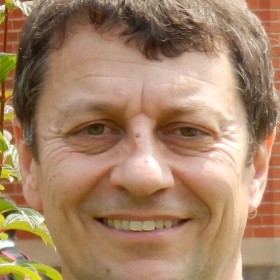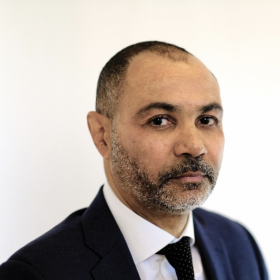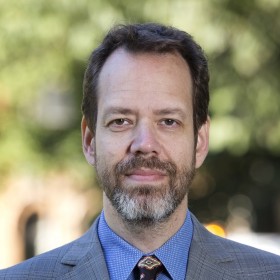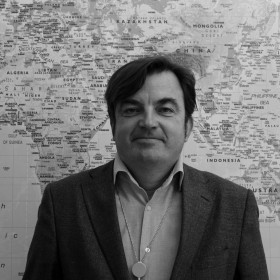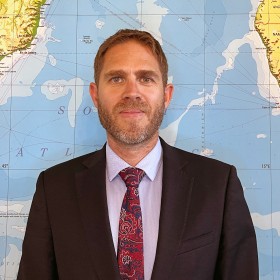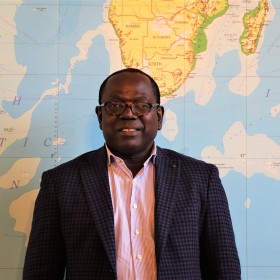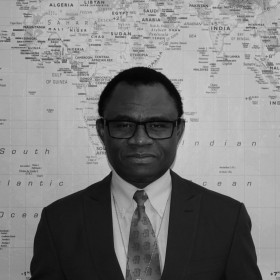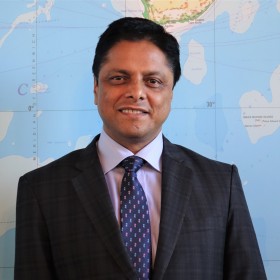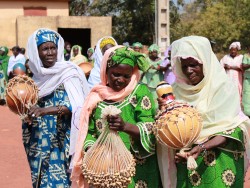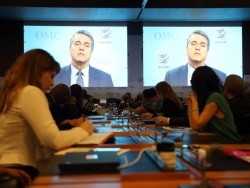Paul Brenton
Mr Paul Brenton is Lead Economist in the Trade and Competitiveness Global Practice of the World Bank. He leads analytical and operational work on trade and regional integration in Africa.
He is co‑editor of the books "De-Fragmenting Africa: Deepening Regional Trade Integration in Goods and Services" and "Africa can Help Feed Africa", as well as the World Bank Report "Women and Trade in Africa: Realizing the Potential".
Mr Brenton joined the World Bank in 2002, having previously been Senior Research Fellow and Head of the Trade Policy Unit at the Centre for European Policy Studies in Brussels. Before that, he lectured in economics at the University of Birmingham in the United Kingdom.
He has obtained a PhD in Economics from the University of East Anglia. A collection of Mr Brenton's work has recently been published in the volume International Trade, Distribution and Development: Empirical Studies of Trade Policies.
